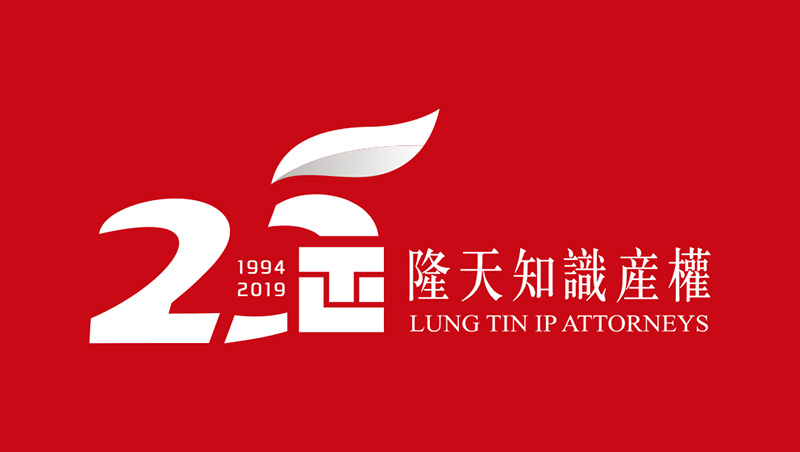Case Type: Civil Dispute over Infringement on Exclusive Right to Use a Trademark
Court of Trial: Shanghai Pudong New Area People’s Court
Decision No.: (2018)H0115 MC No. 53351
Lung Tin Representation: Balanced Body Inc.(Plaintiff)
Procedural History: Balanced Body Inc.(hereinafter referred to as the “Plaintiff”)has the exclusive right to use the registered trademark “MOTR” in China. The Plaintiff initiates a dispute litigation over trademark right infringement to Shanghai Pudong New Area People’s Court on the grounds that Yongkang ELINA Sports Equipment Co., Ltd. (hereinafter referred to as the “Defendant”)produces and sells the infringing fitness equipment with the same infringing logo as the Plaintiff’s registered trademark without permission and constitutes a trademark right infringement. Finally, the court affirms that the Defendant’s behavior constitutes a trademark infringement, and decides that to bear a responsibility for compensation 3,000,000 CNY, including the reasonable expenses.
Key Points of Verdict: The court affirms with unprecedented rapidity that the Defendant is supposed to bear the punitive compensation, and finally fully supports the compensation for the losses 3,000,000 CNY claimed by the Plaintiff.
Significance: This judgment is the first intellectual property case of Shanghai district court that is applicable to punitive compensation, and by applying the punitive compensation to repeated infringing actor with great subjective maliciousness, great deterrence is exerted to trademark right infringer.
Lawyer comments:
In recent years, the State Council and the Supreme People's Court of the People's Republic of China have introduced various jurisdictional policies to indicate that intellectual property protection is enhanced by introducing punitive compensation. The punitive compensation clauses were added in the modification of the “Trademark Law” in 2013, and the following new “Law against Unfair Competition” prescribes that the punitive compensation is applicable to business secret dispute case, and the punitive compensation is also introduced in the revised draft of the “Copyright Law” and the exposure draft of “Patent Law” in sequence. Based on the above background, the specific application of punitive compensation will become the key points and difficulties in intellectual property infringement cases.
The case is the first intellectual property punitive compensation case in Shanghai. In the case, the court applies the punitive compensation clauses in the “Trademark Law” on the basis of calculating the infringement profit, which is mainly based on that the Defendant has obvious infringement maliciousness and has repeated infringement behaviors: the Defendant signed a settlement agreement with the Plaintiff in 2011 for infringing the Plaintiff´s intellectual property right and promised not to infringe the plaintiff's intellectual property right any more, but the Defendant infringes again this time, and its behavior belongs to repeated infringement. The sign used by the Defendant is completely the same as the trademark of the Plaintiff, it is used on the same product, and the style, the color and the trademark identification position of the infringing product are completely the same as those of the Plaintiff, the infringing product belongs to the behavior of completely plagiarizing the Plaintiff´s product, and the infringement maliciousness is serious. And the influence range of the infringement behavior is large, the infringing product has quality problems and causes serious negative influence on the Plaintiff´s reputation.
The punitive compensation clauses were added in the modification of the “Trademark Law” in 2013,and the intention is to effectively attack malicious infringement behaviors through the clauses and strengthen the protection on intellectual property rights. Unfortunately, in the past few years,there is few cases applicable to the punitive compensation clauses,because their application conditions are severe。The case undoubtedly plays an effective guiding role in promotion and application of punitive clauses.


